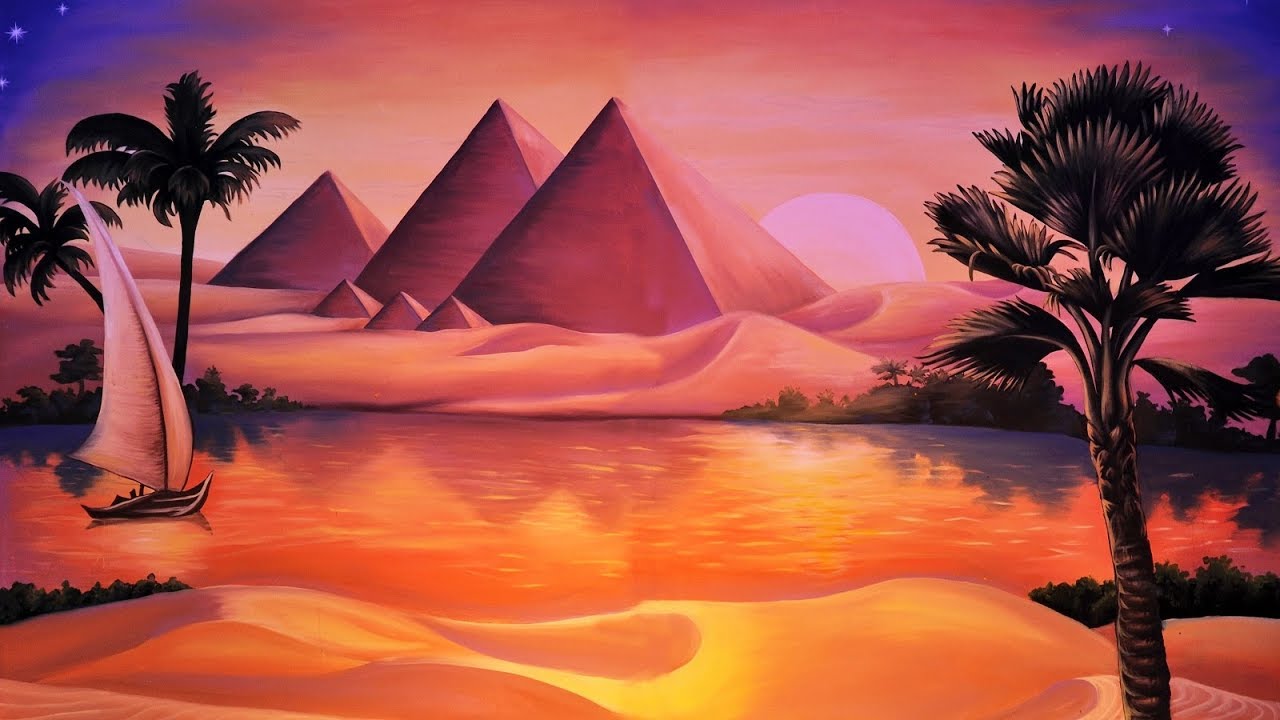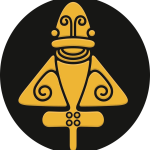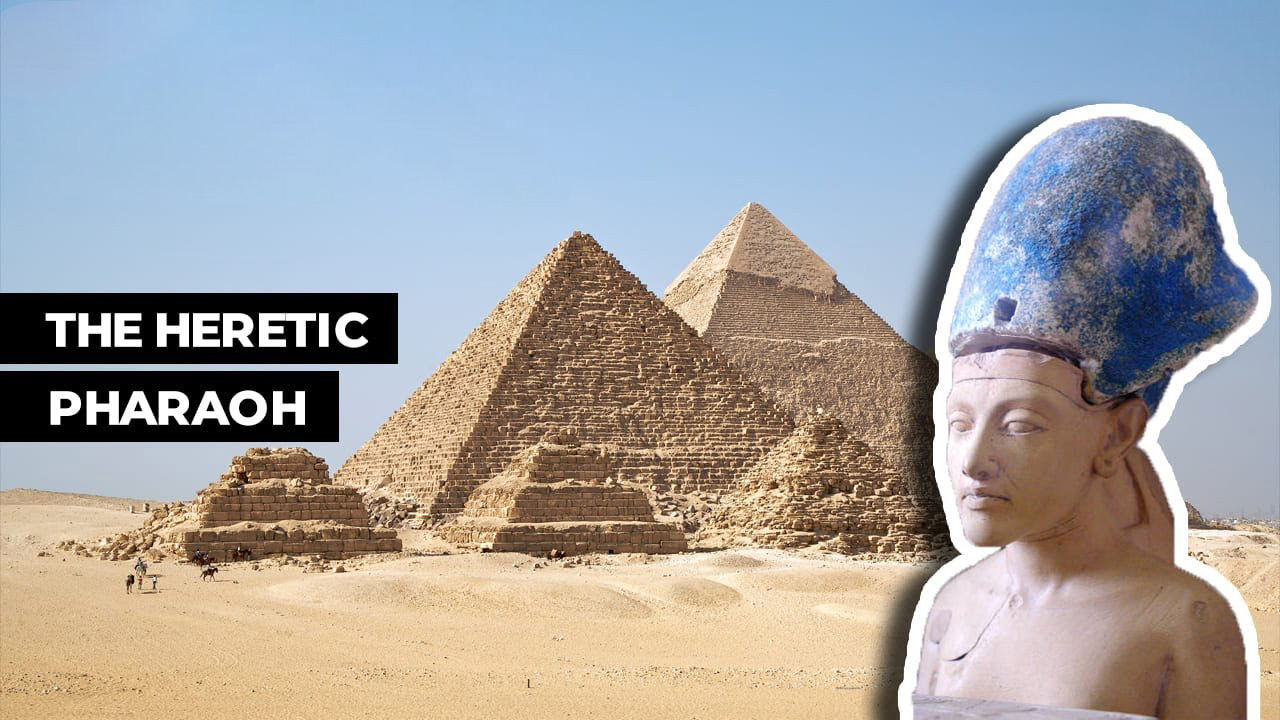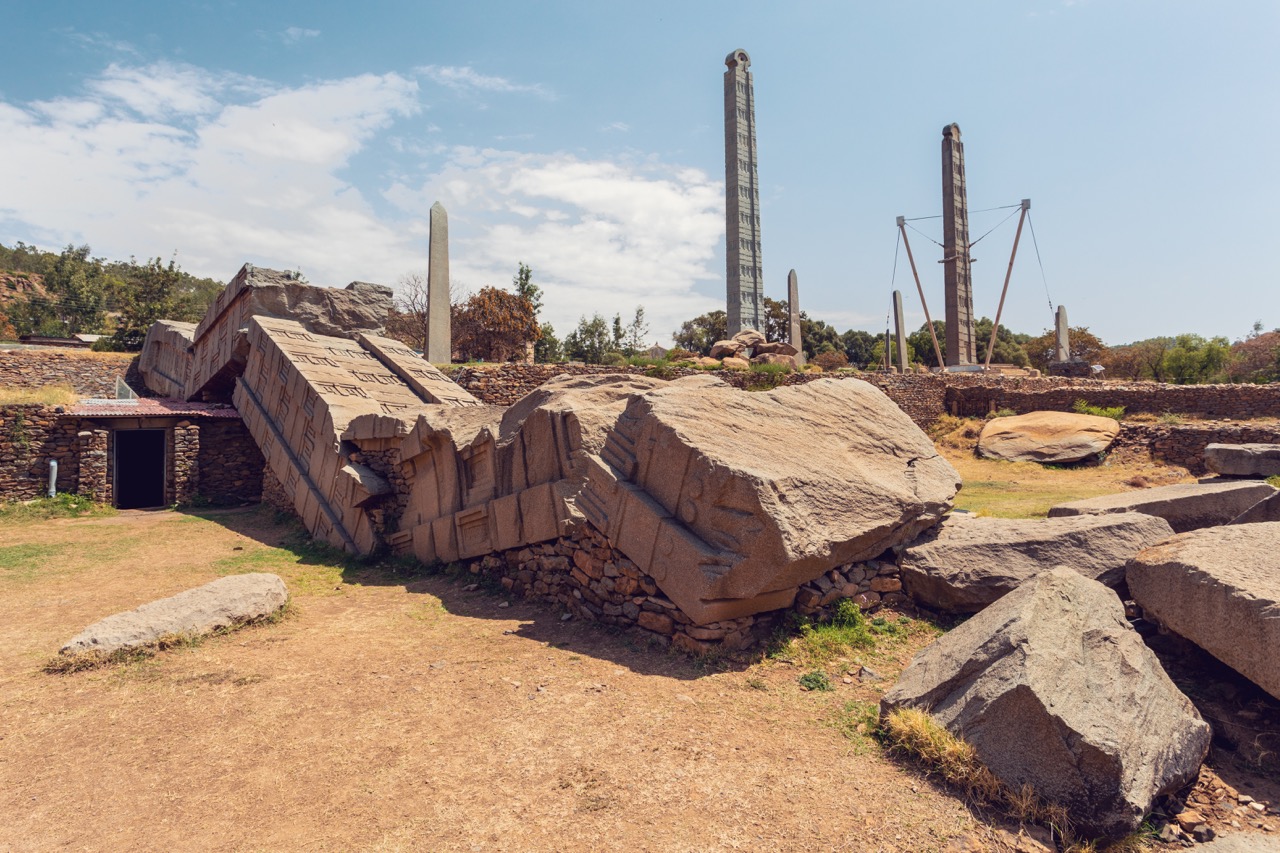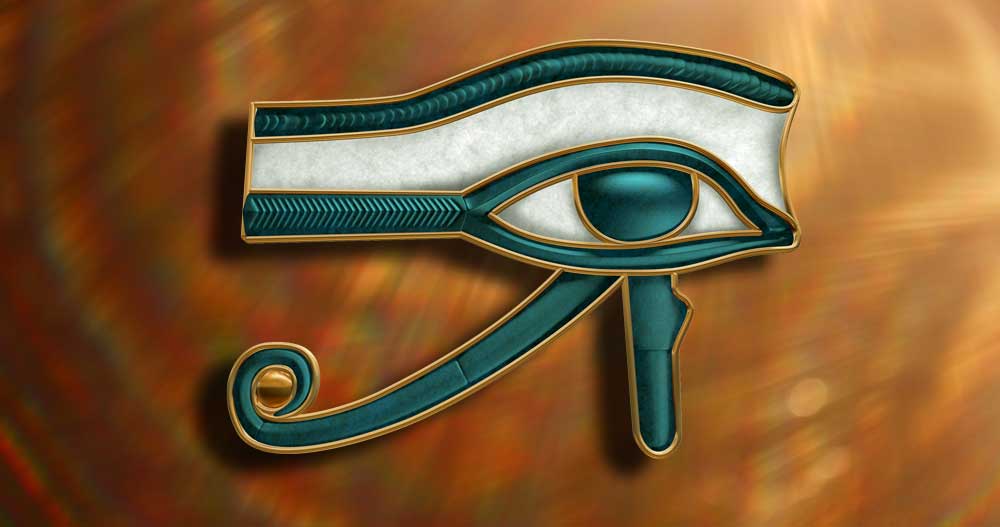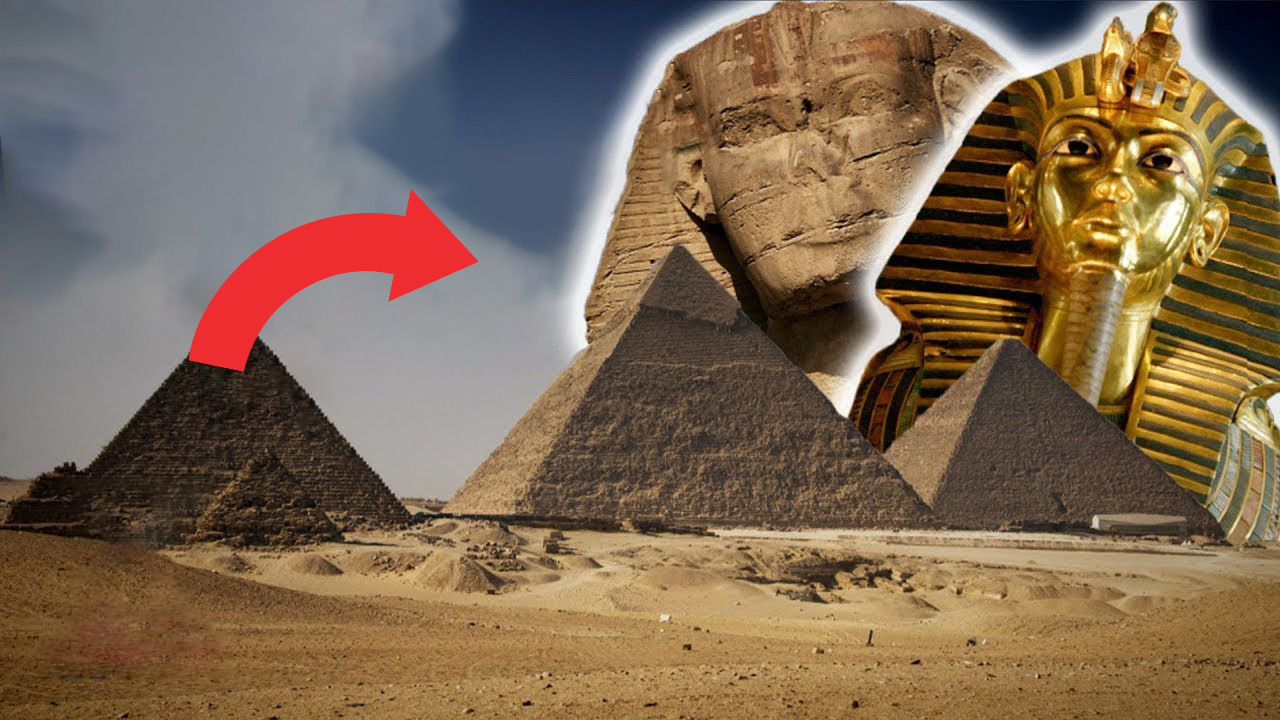Exploring the Egyptian Concept of Paradise and Its Influence on Western Cultures
The Birth of Paradise and the Afterlife
The concept of paradise may seem exclusive to Christianity in the Western world, but the idea of eternity after death originated more than 4,000 years ago with the Egyptians. Throughout history, religions, philosophies, and science have grappled with the inevitability of death and the mysteries of the afterlife.
The Emergence of Paradise in Egyptian Civilization
Resurrection and immortality have long been themes in religious texts, often accompanied by the idea of an afterlife where abundance and eternal pleasure take the place of earthly struggles. The Egyptians were the first civilization to believe that one’s behavior in life determined entry into paradise after death, an idea later inherited by the Greeks, Romans, and Christianity. During Egypt’s Old Kingdom (2686-2181 BC), only the pharaoh could access eternal paradise. However, a social revolution in Egypt around 4,200 years ago led to changes in both politics and religion, granting all Egyptians the right to life after death.
The Journey to Aaru: Facing the Judgment of Osiris
To enter Aaru, or Egyptian paradise, one first had to pass the Judgment of Osiris. The deceased’s heart was weighed against the feather of Truth belonging to the goddess Maat. If the heart was heavier, the deceased was impure, and their heart would be devoured by Ammyt, “the devourer of the dead.” If the heart and feather weighed the same, the deceased was deemed “fair of voice” and could embark on a perilous journey through the underworld. To overcome the challenges on this path, the deceased relied on their life experiences and magical arts found in the Book of the Dead, a guide to the afterlife for ancient Egyptians.
Life in the Egyptian Paradise: Aaru, the “Field of Reeds”
Though it’s often thought that Egyptians were obsessed with death, their concept of paradise suggests a deep love for life and a desire to continue it beyond death. The Egyptian Aaru, or “Field of Reeds,” later translated by the Greeks as “Elysian Fields,” was a place where life unfolded as they knew it, but with constant fertility and without droughts and famines. In Aaru, peasants continued to work the fields, and the pharaoh continued to reign.
A Happy Civilization: Egypt’s Unique View of the Afterlife
It’s intriguing that ancient Egyptians strove to perpetuate their lifestyle in the afterlife, reflecting a happy civilization distinct from Sumerian, Hittite, Babylonian, Akkadian, or even Jewish cultures, all of which lacked a concept of paradise. The Egyptians also called their land Tameri, meaning “beloved land,” further illustrating their love for life.
📚📖 Make sure to join Ancient Library on Telegram, and become part of a unique group 👉🏻 https://t.me/theancientlibrary
I am the Librarian, and I, together with the guardians of the Ancient Library, curate content for this site. Welcome, and enjoy your stay.
